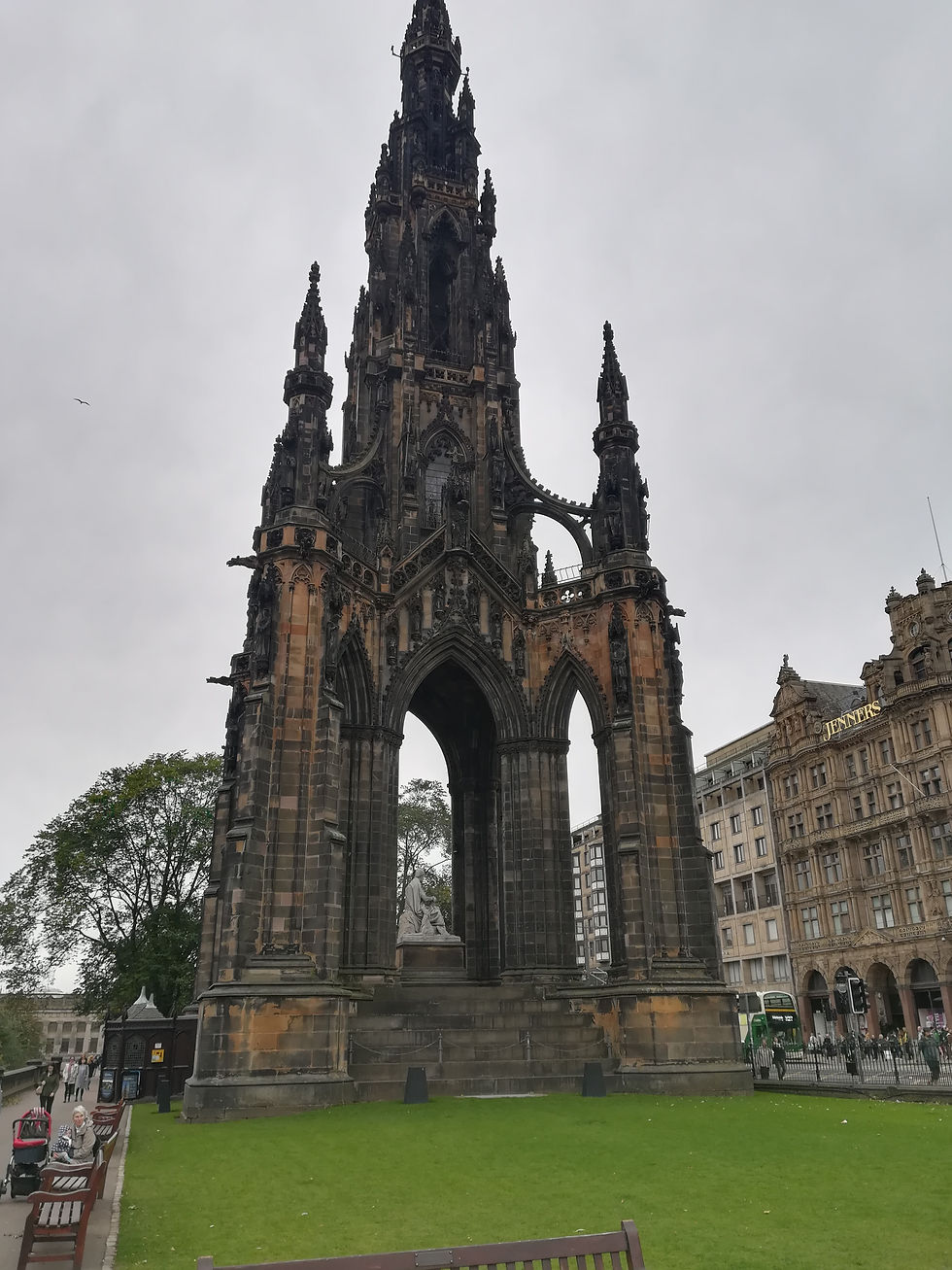The eventful or the festival city?
- Greg Richards

- Feb 3, 2025
- 3 min read
In a thoughtful review of the ‘festival city’ in Event Management Journal, Louise Todd and Bernadette Quinn ponder whether the festival city is the same as the ‘eventful city’. Their review shows that these two terms are used interchangeably, but they argue that they are not equivalent. They find that the eventful city concept is more widely used than the festival city, and they indicate that this is because “the Eventful City concept encompasses a much wider breadth of event types than the more focused Festival City term, and perhaps this has made it more appealing to researchers.”

However, the two concepts have more substantial differences. The festival city concept is usually linked to cities that have significant arts festivals, such as Edinburgh, Salzburg and Venice. In their book Festival Cities, John and Margaret Gold provide substantial analysis of the nature of festivals, but no specific definition of what a festival city is. Instead we have to dig a little to establish what the festival city concept means. In relation to Edinburgh, for example, several observations by the Golds make it clear that the festival city tag is seen as a brand:
“the starting point for considering Edinburgh as a festival city is often taken to be a sequence of festivals staged in the first half of the nineteenth century (p. 167)… they expressed the desire to protect the Edinburgh brand as a festival city in the face of international competition (p. 197)….. Machinery and resources should be put in place to promote Edinburgh, the Festival City worldwide (p. 198)…. These changes have assisted the rebranding of Edinburgh as festival city” (p. 205).
This seems to suggest that the festival city concept has been developed by Edinburgh, and also many other cities, for marketing purposes.

The eventful city concept, on the other hand, is rooted in urban policy. The definition of the eventful city (also not in the original book!) is:
An eventful city purposefully uses a programme of events to strategically and sustainably support long-term policy agendas that enhance the quality of life for all. (Richards, 2015:40)
The emphasis is not on the events themselves, but the way in which a city can capitalise on a programme of different events to support policy goals. A wide range of different events may also be used to support eventfulness. Arts and music festivals are certainly important in the programming of many cities, but an eventful city may also use business events, sporting events and expos to generate policy outcomes.
This seems to support the initial suggestion by Todd and Quinn that the festival city has been linked more to destination management and city branding, while the eventful city concept is used to think strategically about events in terms of management and policy development. There is clearly room for future research examining the origins, use and consequences of festival city and eventful city tools. What types of cities adopt festival city and eventful city programmes? Does the branding/strategy dichotomy hold for different cities? Does an eventful city achieve more strategic outcomes than a festival city?

Richards (2021) emphasises the importance of event networks in shaping cities, and the rise of ‘city festivals’, which aim to change the city itself. The development of such eventful networks also marks a shift in the nature of value created, from the purely instrumental value of visitor spending towards institutional value for the city itself. Seen in this way, an eventful city doesn’t just host events to attract festivalgoers, but also to enhance its own capabilities in utilising events, creating potential for future change.
References
Gold, J. R., & Gold, M. M. (2020). Festival cities: Culture, planning and urban life. Routledge.
Richards, G. (2015) Developing the eventful city: Time, space and urban identity. In Mushatat, S. and Al Muhairi, M. (eds) Planning for Event Cities. Ajman: Muncipality and Planning Dept. of Ajman, pp. 37-46.
Richards, G. (2021) The value of event networks and platforms: Evidence from a multi-annual cultural programme. Event Management 25(1), 85-97.
Todd, L., & Quinn, B. (2025). The Festival City in Event Management Research. Event Management, 29(1), 93-100.




Comments